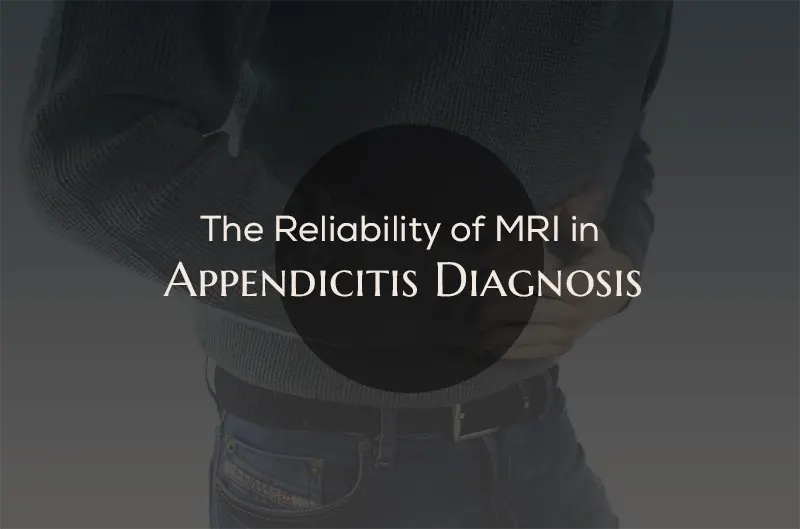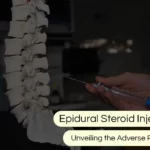Now Reading: Enhancing Appendicitis Diagnosis: The Reliability of MRI
- 01
Enhancing Appendicitis Diagnosis: The Reliability of MRI
Enhancing Appendicitis Diagnosis: The Reliability of MRI

Appendicitis is a prevalent internal disorder that arises from the inflammation and infection of the vermiform appendix, a small tube-like structure connected to the cecum. While the exact function of the vermiform appendix remains unclear, it is believed to play a role in digestion. However, it is important to note that the appendix is not a vital organ, and the body can function normally without it. The standard medical treatment for appendicitis involves surgical removal of the diseased appendix. Delayed diagnosis can lead to severe complications such as appendix perforation and sepsis, which contribute to significant mortality rates associated with appendicitis.
Appendicitis frequently manifests as abdominal discomfort and pain, particularly in children. Approximately 10 percent of children presenting these symptoms are eventually diagnosed with appendicitis. Adults are also susceptible to this condition, with a higher incidence observed in males.
Diagnosing appendicitis poses challenges for medical professionals due to its nonspecific symptoms, which can hinder prompt identification. In many cases, appendicitis may progress silently, exhibiting no external signs until complications arise. Asymptomatic individuals with appendicitis may only recognize the symptoms long after complications have developed, reducing the chances of a successful recovery.
When appendicitis presents with observable symptoms, typical clinical manifestations include abdominal pain (initially around the umbilical region, later radiating to the lower right side of the abdomen), nausea, and vomiting. Children may additionally experience poor appetite, diarrhea or constipation, moderate to high fever, and excessive sweating. In addition to patient reports and thorough physical examinations, conclusive tests are necessary to confirm the presence of appendicitis. Common diagnostic techniques include ultrasound, computerized tomography (CT), and magnetic resonance imaging (MRI). However, in certain cases, even these advanced medical procedures may fail to reveal physiological abnormalities associated with appendicitis.
Under specific circumstances, healthcare providers may also conduct blood tests to detect clear signs of bacterial infection. Elevated white blood cell counts can support presumptive diagnoses of appendicitis, as heightened levels suggest severe infection of the vermiform appendix. Analyzing the levels of C-reactive protein in the blood of patients suspected of appendicitis can also help identify complicated forms of the disease, such as appendix perforation, abscess formation, or sepsis.
Early and accurate diagnosis of appendicitis remains challenging. Consequently, many patients may already have developed severe complications by the time appendicitis is diagnosed. Despite medical advancements and the wealth of available knowledge, late detection and misdiagnosis of appendicitis continue to be significant issues in the present day.
Among the diagnostic tools available, magnetic resonance imaging (MRI) has emerged as a reliable technique for identifying appendicitis. MRI provides detailed images of the abdomen, allowing healthcare professionals to visualize the inflamed appendix and assess the severity of the condition accurately. It is particularly valuable in cases where other diagnostic methods yield inconclusive results or when there is a need to avoid radiation exposure, such as in pregnant women or young patients.
In conclusion, timely and accurate diagnosis of appendicitis is crucial to prevent complications and ensure effective treatment. While appendicitis poses diagnostic challenges due to its nonspecific symptoms, medical professionals rely on various methods, including MRI, to confirm the presence of this condition. Continued research and advancements in diagnostic techniques are essential to improve early detection and reduce the risks associated with appendicitis.




















